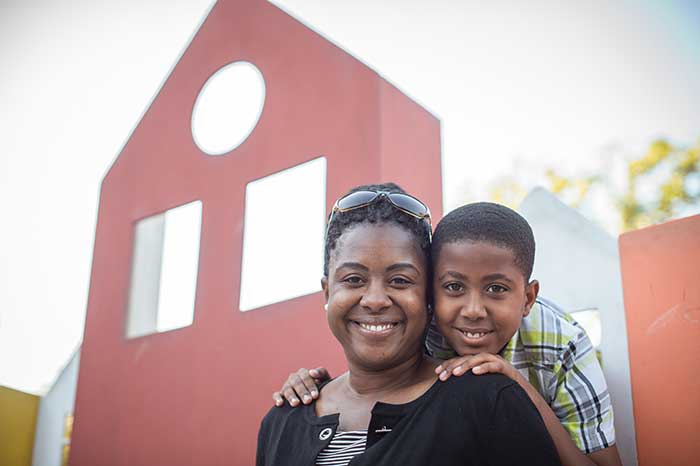Family Involvement
Getting students engaged in learning opportunities and keeping their curiosity going — even when they are not in school — are challenges for busy families. But together, educators and family members form the bedrock of learning.

7 tips for helping your child succeed in school
- Just Ask. Ask your children what they studied in class today, what they liked and what they learned. Asking questions shows that school is important.
- Quiet Study. Choose a place for home study and make sure the room is quiet during that time. Creating a quiet place goes a long way toward helping your children learn.
- Regular Schedule. Set up a certain time of day that is dedicated to homework. Follow up with your children to be sure homework is complete and turned in on time.
- Learn Together. If you want your children to read their assignments, give yourself an assignment, too. When it's time for them to do homework, take a break and spend a few minutes reading a book, magazine or newspaper.
- Learn Everywhere. Increase your children's interest in homework by connecting school to everyday life. For instance, your children can learn fractions and measurements while you prepare favorite foods together.
- Meet Their Teachers. Meet with your children's teachers to find out what they are learning and discuss their progress in school.
- Praise Helps. Praise your children for successfully completing homework. Nothing encourages children more than praise from their parents.
Resources
- Back to School: How to Be the Best Advocate for Your Child
Fordham magazine checked in with some alumni of the University Graduate School of Education — professionals who work with students ranging in age from preschool to high school — to ask them for some guidance. Here’s what they had to say. - Support for Families During the Pandemic
NEA-endorsed activities and resources designed to keep kids engaged and learning at home. - NEA: Family Support
A wealth of resources to help parents and guardians navigate the issues around learning, such as keeping kids curious, dealing with testing and bullying, providing emotional support, and developing parent and educator partnerships.